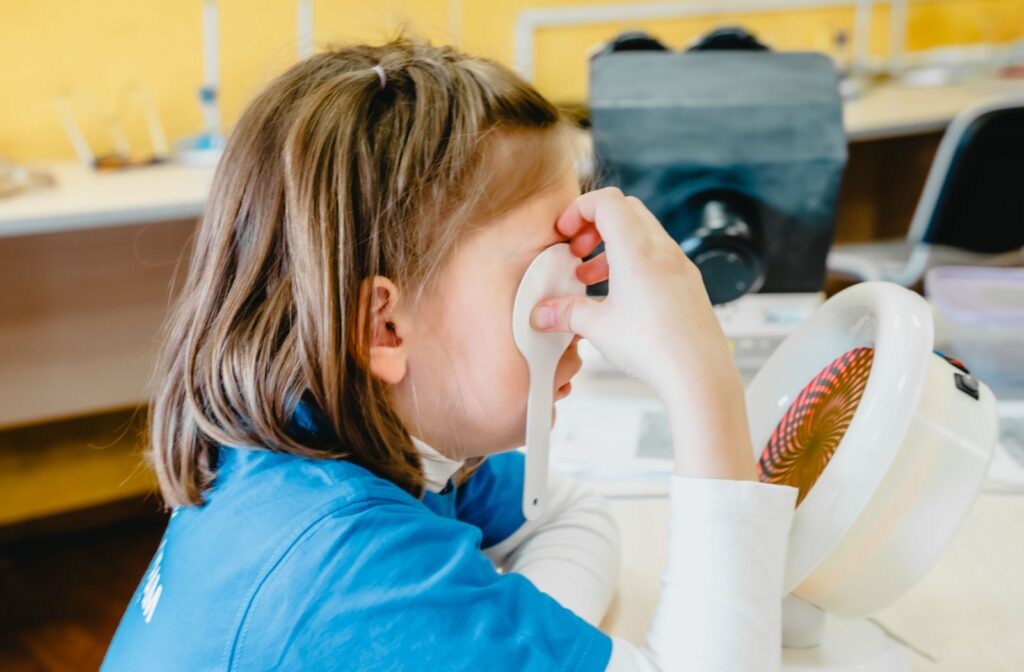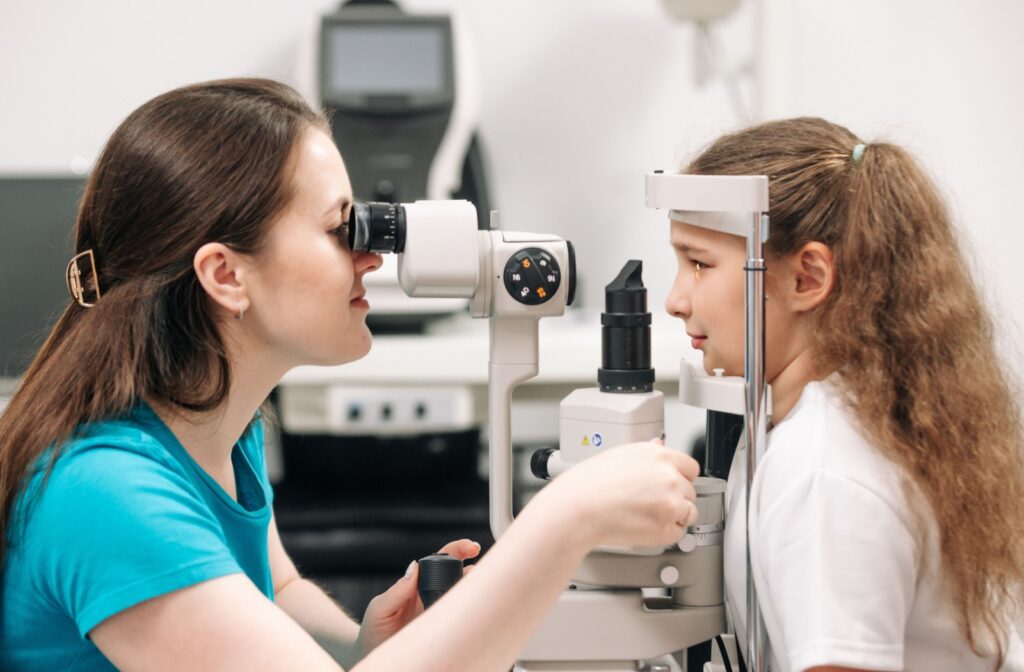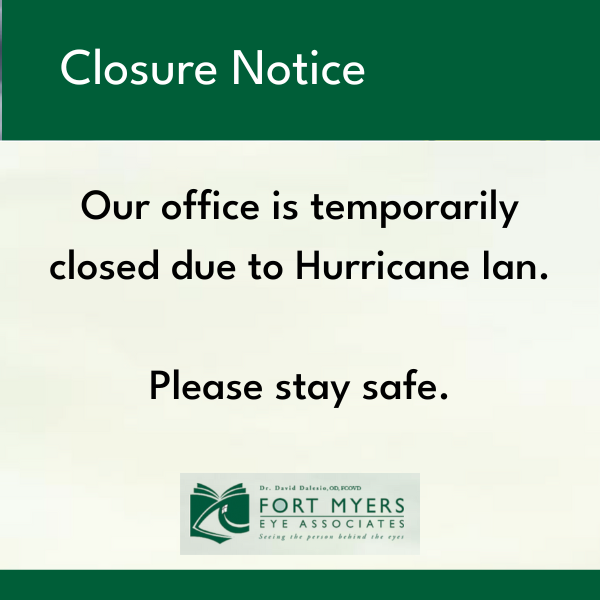A significant benefit of visiting a developmental optometrist is that they are eye doctors who have special expertise in developmental vision evaluations and vision therapy. When potential vision-related learning or developmental struggles are diagnosed early, a developmental optometrist can offer tailored advice and treatment to fully support your child.
Eye care is crucial for children’s development, yet it’s often overlooked. Many parents focus on regular checkups, vaccinations, and dental appointments, but may forget the importance of eye health. With support from a developmental optometrist, you can add a dimension of healthcare to their life that may be missing.
The Role of a Developmental Optometrist
Developmental optometrists are eye care professionals specializing in diagnosing and treating visual deficiencies affecting learning and development. They undergo additional training to understand how vision problems can impact a child’s educational and social experiences. This specialized knowledge helps them provide targeted treatments for specific visual issues.
Diagnosing Visual Deficiencies
Developmental optometrists use a variety of tests and assessments to diagnose visual deficiencies. A comprehensive children’s eye exam is often where they start. But if your child’s eye doctor suspects any underlying conditions are affecting your child’s development, they may recommend a developmental vision exam (DVE).
The tests in a DVE go beyond checking for 20/20 vision and look at how well the eyes track, focus, and work together. They may also assess visual processing skills, which are crucial for tasks like reading and writing.
Developmental optometrists can create customized treatment plans based on the results of these tests and provide care that is more tailored to your child’s needs and the specific issues they may be experiencing.
Treating Visual Deficiencies
Once a diagnosis is made, developmental optometrists employ various methods to treat visual deficiencies. Vision therapy is common, but each experience with vision therapy can be personalized. Your child’s vision therapy program may include specialized glasses, prisms, or other visual aids. The goal is to address the root cause of the problem, not just the symptoms.
What Is Vision Therapy?
Vision therapy is a type of physical therapy for the eyes and brain. It involves a series of exercises designed to correct visual-motor and perceptual-cognitive deficiencies. Unlike regular eye care, which often focuses on prescribing glasses or contact lenses, vision therapy uses exercises and other devices to address specific issues related to how the eyes and brain work together. This approach can be particularly beneficial for children who struggle with reading, writing, or other academic tasks.
How Do Children Benefit from Vision Therapy?
Early intervention can correct issues before they become long-term problems and help strengthen your child’s visual skills at a young age. Children who could benefit from vision therapy often display symptoms like frequent headaches, squinting, or difficulty concentrating on schoolwork. Vision therapy offers a targeted approach to address these problems and help improve your child’s quality of life.
Benefits of Early Intervention
Early intervention can be critical for effective treatment. The younger a child is when they begin vision therapy, the more likely they may be to experience significant improvements. The possible benefits of early treatment can also include enhanced academic performance, improved social interactions, and boosted self-esteem.

Benefits of Vision Therapy for Children
Children with untreated vision problems often have trouble reading and writing—and experience other school-related challenges that can continue into adulthood. One of the most significant benefits of vision therapy is its potential impact on academic performance.
By improving visual skills like eye tracking, focusing, and visual processing, vision therapy can help kids who are struggling academically because of their sight. Many children experience grades and overall school performance improvements after undergoing vision therapy.
Enhanced Hand-Eye Coordination
Hand-eye coordination is another area where vision therapy can make a difference. This skill is crucial for activities like sports, playing musical instruments, and even everyday tasks like tying shoelaces. There are vision therapy exercises designed to help make it easier for children to perform these activities successfully.
Long-Term Benefits for Eye Health
The benefits of vision therapy extend beyond immediate improvements in academic and physical skills. By addressing underlying visual deficiencies, vision therapy can promote long-term eye health. This proactive approach to eye care sets the foundation for a lifetime of good vision and overall health.
Schedule an Exam Today
From improving academic performance to enhancing hand-eye coordination, the positive impacts of developmental optometry and vision therapy can be far-reaching. High-quality care from developmental optometrists can ensure that your child receives suitable treatment that helps set them up for success in all areas of life.
Call our team at Fort Myers Eye Associates to book an appointment if you’ve noticed any signs of visual challenges affecting your child or want to ensure their eyes are healthy. Early intervention can make a world of difference, and vision therapy offers a targeted, effective solution. One of our experienced optometrists would be happy to meet your child and perform comprehensive testing to assess their needs.





